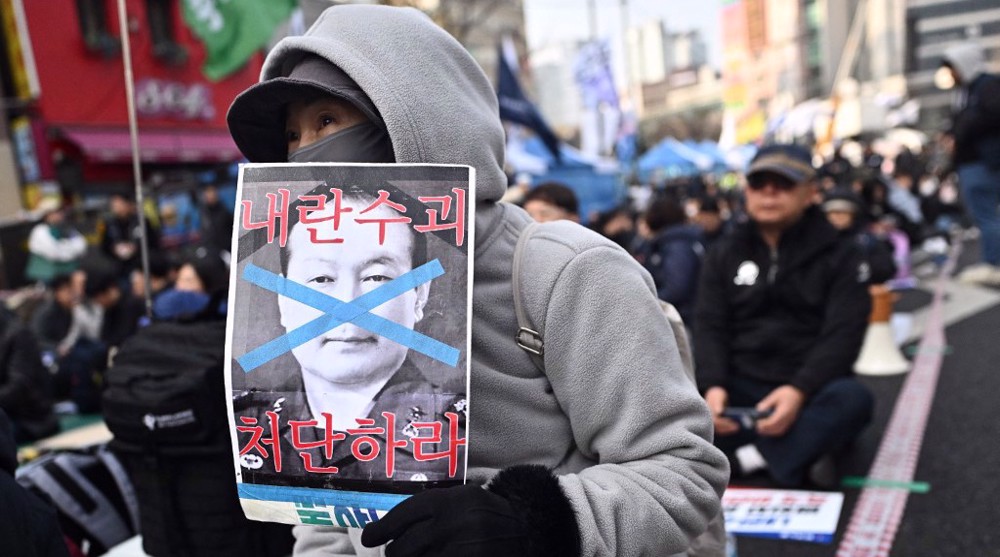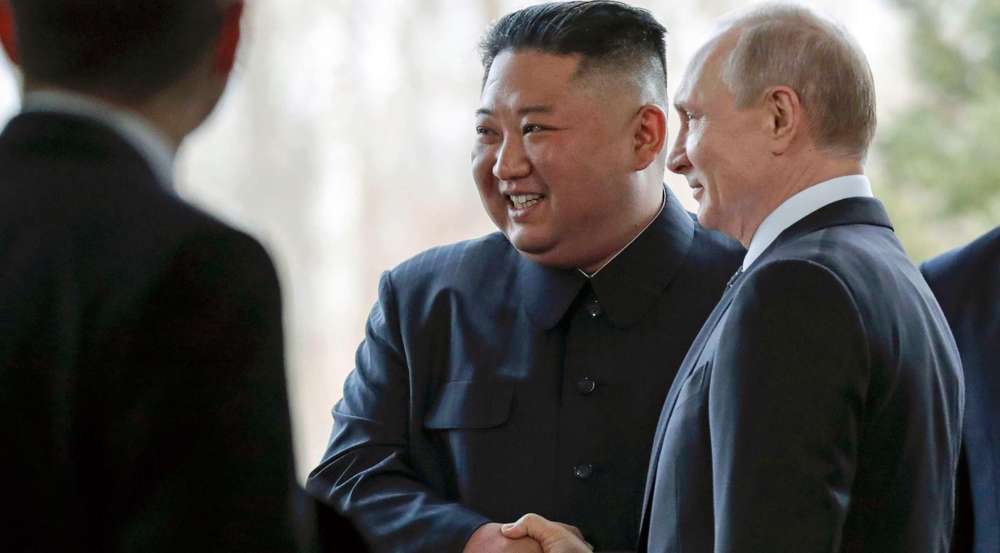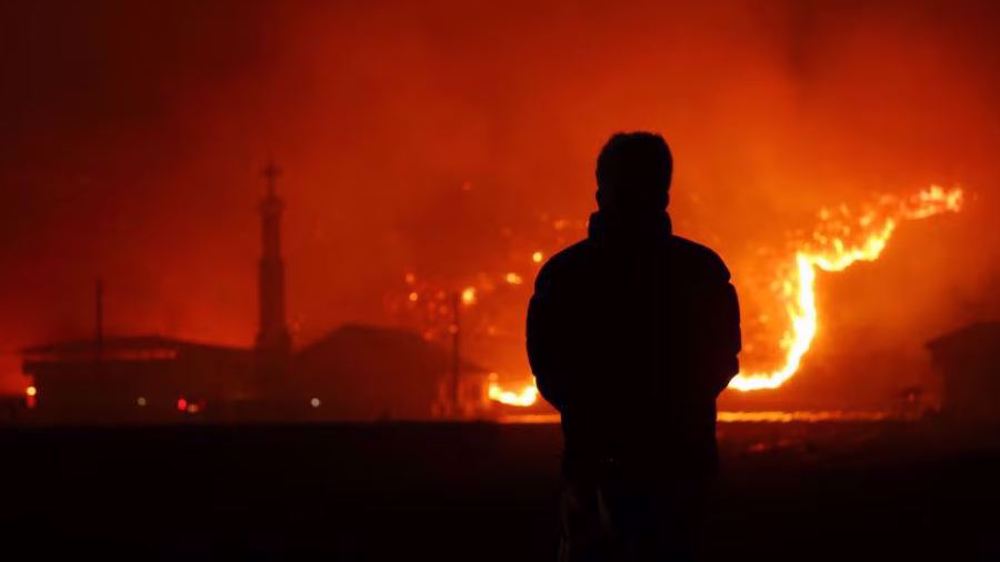Repeated nuclear tests at North Korean peak can cause mount to collapse: Report
North Korean Mount Mantap, under which a series of nuclear tests were conducted, appears to have suffered serious geological damage, known as “tired mountain syndrome,” a report says.
According to a Friday report by The Washington Post, six nuclear explosions since 2006 have so far been carried out at the Punggye-ri Nuclear Test Facility, based underneath the 2,200-meter-high peak in the northeast of North Korea.
The fifth nuclear test, which caused an enormous detonation, was conducted in September last year and triggered a 6.3-magnitude earthquake that which was also felt in China. Since then, the region, which is not known for natural seismic activity, has experienced three more earthquakes, including a 5.8-magnitude tremor that rocked South Korea days after the test.
Chinese geologists have already warned that further blasts could eventually make the mountain collapse completely, releasing radiation.
“We call it ‘taking the roof off.’ If the mountain collapses and the hole is exposed, it will let out many bad things,” Wang Naiyan, the former chairman of the China Nuclear Society and a senior researcher on China’s nuclear weapons program, told the South China Morning Post in September.
Furthermore, the report quoted Paul Richards, a seismologist at Columbia University’s Lamont-Doherty Earth Observatory, as saying that “some kind of stress in the ground” could be detected there. “In that part of the world, there were stresses in the ground, but the explosions have shaken them up,” he added.
The North conducted its sixth and biggest nuclear test on September 3 this year. The hydrogen bomb was said to be multiple times more powerful than America’s atomic bomb that destroyed Hiroshima in 1945.
Pyongyang has already said it is considering testing a hydrogen bomb over the Pacific Ocean in response to Washington stepping up economic sanctions against the country.
The US and North Korea have been at loggerheads over Pyongyang’s weapons and nuclear programs. However, tensions on the Korean Peninsula have recently risen sharply following a series of weapons tests by Pyongyang, including last month's test, and two missile launches over Japan. Back in July, the North also claimed that it had fired two intercontinental ballistic missiles.
North Korea is under mounting international pressure over its missile and military nuclear programs and has been subjected to an array of sanctions by the United Nations. However, Pyongyang says it needs to continue and develop the programs as a deterrent against hostility by the US and its regional allies, including South Korea and Japan.

South Korea's court removes president over martial law controversy

Official: Russia preparing for visit by North Korean leader

'Unprecedented damage': 24 killed in South Korea's worst wildfire
Israeli minister: Troops to remain in Gaza, Lebanon, Syria ‘indefinitely’
Iran takes four countries to World Court over 2020 downed jet
Advocacy group files war crimes case in US against Israeli soldier
Israel secures 6-month delay in Gaza genocide case at ICJ
Houthi says US encouraging Gaza genocide, calls for arming Palestinians
VIDEO | Press TV's news headlines
Remembering Abdel Aziz Al-Rantisi, Hamas co-founder and ‘Lion of Palestine’
Pezeshkian: Iran, Saudi Arabia can serve as model for cooperation











 This makes it easy to access the Press TV website
This makes it easy to access the Press TV website